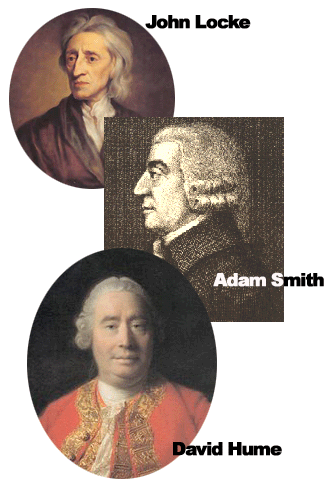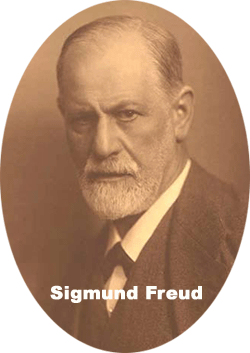

Continued from epilogue, page 1...
This all reflects the author's ideology of anarchy and nihilism. A case is being made that everything is relative and that nothing can be "known" because things are different in all situations, there is no universal "right," no natural law. We know this battle has been fought between philosophers since man first began to wonder about his condition. It was hotly contested during the Enlightenment period of the 1700s, and once again in the 1800s, and still again in the 1900s and today. So, the lamentations in Watchmen certainly are not new.
These super-heroes of the series were created specially for the Watchmen universe and each is a case study of a series of mental troubles that would make that old fraud, Freud, run for his couch. And as we analyze these characters we see nothing but the grim about them all. Nothing uplifts, nothing inspires. They are all broken, diminished people.
The Comedian represents the most cynical example of anarchy in the series. His only desire is to continue to sate his need for violence, a need he cloaks in service to his country thereby making a mockery of patriotism as well as heroism. He sees no value in anything unless it fulfills his desires. One political undercurrent for this character is to display the evil of the US government, as well as the character's degradation. This evinces itself in that the US government apparently sees nothing wrong with employing such a homicidal maniac as The Comedian as an undercover agent. Unfortunately for the author's touch with reality, he seems not to understand that such a personality is not one a government would be able to control or trust in the long run. The reality is that a certain fealty or belief in the ideals of the government in question usually makes for the better operative.
Dr. Manhattan is the only truly "super" being in the series. Whereas the others are just normal people who have certain abilities of physical strength or mental acuity, Dr. Manhattan was a man altered by a radiation experiment into a being that can manipulate molecules. But, as a result, his problem is utter disconnection with his fellows. With all his power he still lacks any real understanding of his fellow man. He is so fascinated by the workings of things, so blinded by the mechanics of the universe, he fails utterly to ask "why." In fact, everything is so relative to him that he can see no difference between a blade of grass, a lone molecule, or a human being for most of the series. His world is unsatisfying, though. He continues to look for that "something" that even he, with all his great powers, is unable to define.
Manhattan's politics seem to represent the ultra egalitarian "we are all the same" variety. His equalizes all of human endeavor to the same level of pointlessness. But, if we were to buy into this simplistic view it becomes inescapable that there really is no difference between a Gandhi figure and a Hitler. They are both "just humans," so how can their actions be so "different"? Thus such a philosophy ends up denying any "truth" for man. This, of course, goes to the heart of undermining justice and law.
The Nite Owl, an aging tech expert, represents impotency in nearly all things. He cannot stop a crime, he cannot save New York, and he cannot even subdue a friend. He can't even have sexual relations without some out of the ordinary stimulus. Futility seems his only ability in the end. His character screams that we are all helpless.
Click to continue to epilogue, page 3...



Home|Prelude|Part
1|Part
2|Part
3|Book
1|Book
2|Book
3|Book
4|Book
5|Book
6
Book
7|Book
8|Book
9|Book
10|Book
11|Book
12|Epilogue|Footnotes